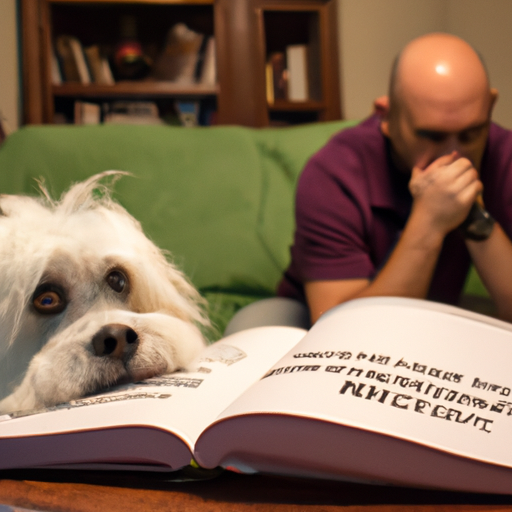As a concerned pet parent, it can be alarming to see any sign of illness or discomfort in your canine companion. One such instance is noticing blood in your dog’s stool or around its anal area. If your dog’s butthole is bleeding, it’s crucial to understand that it’s not normal and could be a sign of various health issues, ranging from mild to severe. In this comprehensive guide, we’ll delve into the causes, symptoms, and treatments for this condition, equipping you with the knowledge to better care for your beloved pet.
Table of Contents
- Common Causes of Rectal Bleeding in Dogs
- Diagnosis of Rectal Bleeding
- Treatment Options
- Prevention: How to Keep Your Dog Healthy
- Frequently Asked Questions
Key Takeaways
– Rectal bleeding in dogs can be caused by various factors, including parasites, dietary issues, and more serious health conditions.
– Seeking veterinary care promptly is crucial for accurate diagnosis and treatment.
– Proper diet, regular exercise, and routine veterinary checkups can help prevent many causes of rectal bleeding in dogs.
Common Causes of Rectal Bleeding in Dogs
It’s crucial to understand that bleeding from your dog’s butthole isn’t a disease in itself but a symptom of an underlying health issue. Here are some of the most common causes:
- Parasites: Worms or other parasites can lead to blood in your dog’s stool. This is one of the most common issues, especially in puppies.
- Dietary issues: Sudden changes in diet, food allergies, or eating something inappropriate can cause digestive upset, including bloody stool.
- Anal sac diseases: Infected or impacted anal sacs can cause discomfort and bleeding.
- Trauma: Any injury to the rectal or anal area can result in bleeding.
- More serious health issues: Conditions like cancer, rectal polyps, or severe infections can also cause rectal bleeding.
Find out more about these causes in this comprehensive guide on dog health.
Diagnosis of Rectal Bleeding
If you witness blood in your dog’s stool or around its anal area, it’s imperative to seek veterinary care promptly. A vet can perform several tests, including blood tests, fecal tests, imaging, or even endoscopy to find the root cause of the issue.
Treatment Options
The treatment for rectal bleeding in dogs depends entirely on the root cause. For example, if parasites are the cause, your vet will prescribe deworming medications. For dietary issues, a change in diet or a specific diet for a certain period might be recommended. In severe cases, surgical intervention might be necessary.
Learn more about dog health and treatment options on One Top Dog. Here are some related articles:
– Understanding Your Dog’s Health
– Common Dog Diseases and Conditions
– Dog Nutrition Guide
Prevention: How to Keep Your Dog Healthy
While not all causes of rectal bleeding can be prevented, there are some steps you can take to help maintain your dog’s health:
- Maintain a balanced diet: Avoid sudden changes in food and ensure your dog isn’t eating anything it shouldn’t.
- Regular exercise: Regular walks and playtime can help keep your dog’s digestive system healthy.
- Routine veterinary checkups: Regular checkups can help catch any potential issues early.
Frequently Asked Questions
1. Can rectal bleeding in dogs be a sign of a serious condition?
Yes, in some cases, rectal bleeding can be a symptom of more serious conditions like cancer or severe infections. It’s crucial to seek veterinary care promptly if you notice any bleeding.
2. Can food allergies cause rectal bleeding in dogs?
Yes, food allergies can cause a variety of symptoms in dogs, including digestive upset and bloody stool.
3. Can I treat my dog’s rectal bleeding at home?
While mild cases of digestive upset might resolve on their own, any sign of blood in your dog’s stool or around its anal area should be evaluated by a vet to rule out serious conditions.
In conclusion, while seeing your dog’s butthole bleeding can be alarming, understanding the potential causes and seeking prompt veterinary care can help ensure your dog gets the appropriate treatment. Regular preventive care can also help keep your dog healthy and happy.



